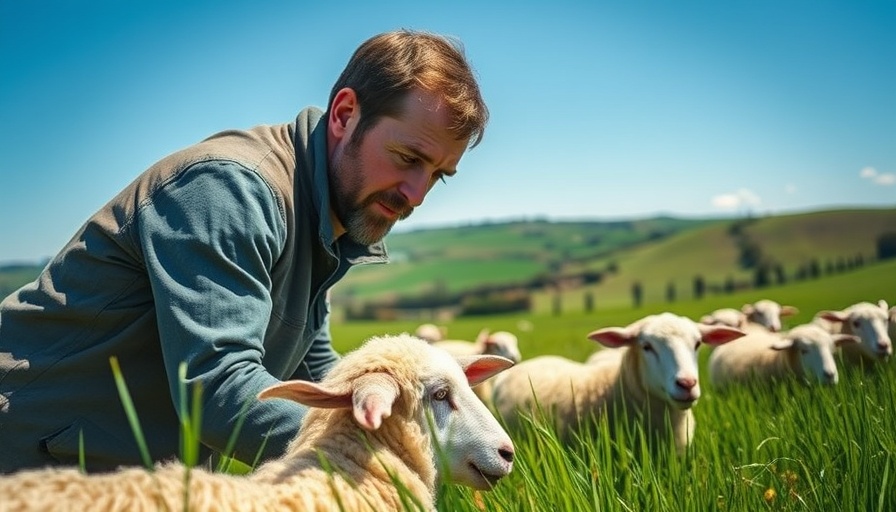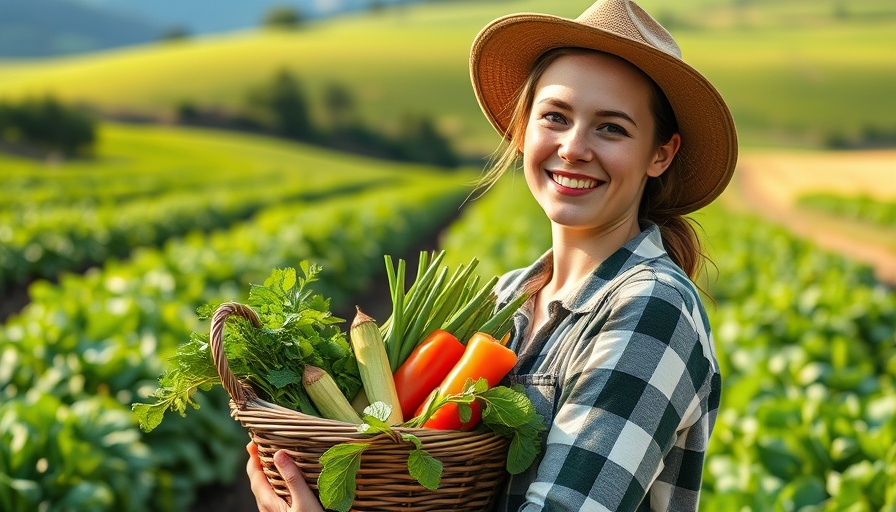
A New Era of Restrictions: What Bluetongue Means for Farmers
Recent restrictions imposed by the Welsh Government in response to a Bluetongue outbreak are raising alarms among Monmouthshire farmers. This mosquito-borne disease primarily impacts livestock, including sheep and cattle, posing significant challenges for agriculture in Wales.
Trade Challenges for Local Farmers
Member of the Senedd, Peter Fox, has voiced his concerns regarding the new regulations that block livestock from England, which disrupts the vital trading relationships that farmers depend on. The renowned Royal Welsh Agricultural Show is expected to suffer from a lack of livestock participation, marking a troubling shift for one of the most significant agricultural events in Europe.
The Domino Effect: Financial Struggles Ahead
The new restrictions not only threaten livestock trade but also pose severe financial risks to farmers already navigating the post-pandemic economic landscape. Farmers in Monmouthshire, who contribute significantly to the rural economy and culture, are feeling the squeeze. Ongoing financial burdens from previous governmental policies make this latest hurdle particularly disheartening.
Need for a Unified Response
Fox advocates for an alignment with England’s restricted zone policies and emphasizes increased vaccination efforts to mitigate the crisis. The call for government support highlights the need for collaboration in safeguarding not just the health of livestock but also the economic wellbeing of the agricultural sector.
Looking Forward: The Path Ahead for Monmouthshire Farmers
The outlook for Monmouthshire's farmers appears challenging as they grapple with the implications of the Bluetongue restrictions. As the community rallies for support from their representatives, the focus shifts to practical solutions that can be implemented for a resilient agricultural future. With continued advocacy and strategic planning, there’s hope that farmers can weather this storm.
Fox concludes, “We must protect our rural communities from unnecessary harm and champion a robust agricultural policy.” A call to action resonates—local farmers and community members must unite to advocate for solutions that honor both public health and the lifeblood of their community.
 Add Row
Add Row  Add
Add 




Write A Comment